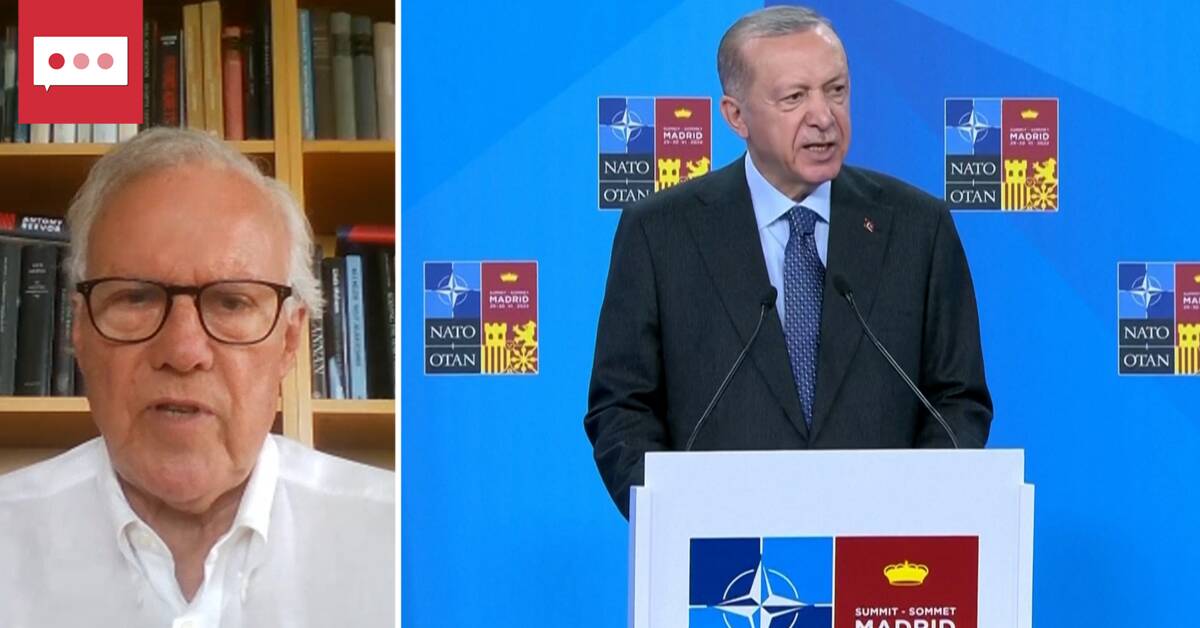In connection with the end of the NATO summit in Madrid yesterday, Turkish President Recep Tayyip Erdogan stated that an agreement has been made with Sweden that 73 people, whom Turkey has branded as terrorists, will be extradited.
The Swedish government has so far declined to comment on the statement, which was made shortly after US President Joe Biden openly welcomed what he described as a "historic moment" in that the Swedish and Finnish application process took another step forward.
However, Minister of Justice Morgan Johansson (S) was clear yesterday that no Swedish citizens will be extradited, and refers in an email to SVT that Swedish law applies.
Question for the Swedish judiciary
Ove Bring, professor of international law at Stockholm University and former international law adviser at the Ministry of Foreign Affairs, does not believe that any extraditions will be made.
- The list of people that President Erdogan has presented can not have been approved by the Swedish side in the Madrid negotiations in any way.
This is an issue that the Swedish judiciary must deal with in the prescribed manner, he says.
Ove Bring points to the Swedish legislation from 1957, which in turn is based on the international European convention on extradition.
- And in this case, we do not know if it is possible to extradite any of the 73 people.
We get the answer to that after the Swedish judiciary has made its review of the case and examined the people in question, says Ove Bring.
"Will protect most"
At the same time, the requirement of double criminality prevails, which he believes will form the basis for the assessments that the Supreme Court will decide.
According to Ove Bring, it will mean protection for the Kurds who are in Sweden and have been worried about being extradited to Turkey.
- It is not enough for Turkey to punish certain acts such as terrorist acts.
The same acts that Turkey invokes must also be able to be defined as terrorist acts under Swedish law.
And it is precisely the requirement of double criminality that will protect most, if not all, who are on the list, he says.

